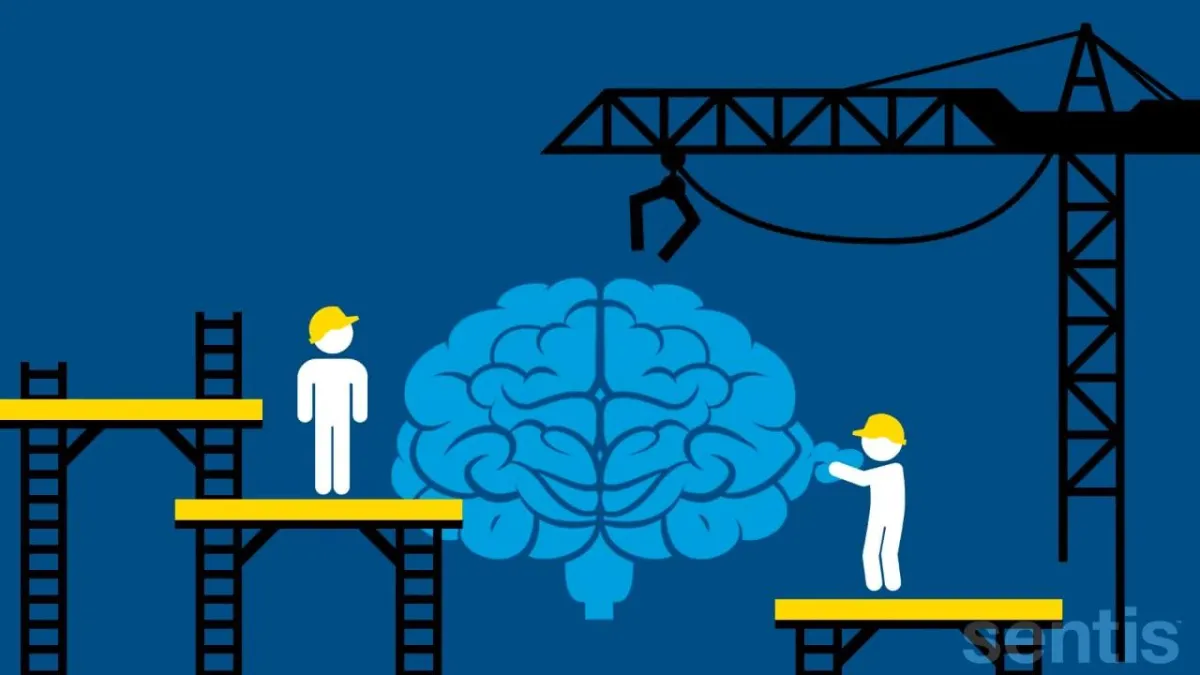The Social Communication Blog
By Linda Boverman

Meditation Doesn’t Just Make Us Feel Better--It Changes Our Brains

MEDITATION CHANGES OUR BRAINS
“…we can actually deactivate areas of the brain that rev up when we experience the automatic negative thoughts that fuel depression [and anxiety].”
Elisha Goldstein, Ph.D. Uncovering Happiness
“Insight meditation has the potential to help develop the brain.” Dan Seigel, M.D. Mindsight
Scores of other scientists are also extolling the virtues of meditation — so much so that meditation has become “in”, whether in board rooms or schools. YES, schools. Children in schools across the country are learning meditation with palpable results.
Here are 12 results of meditation because of the way it affects our brains.
Preserve brain health
Increase focused attention
Reduce anxiety and increase resilience to stress
Promote learning and memory
Improve academic performance
Lessen our over-thinking and rumination,
Soften our obsessions, compulsions, worry, and fear
Enhance calm, compassion, and empathy
Improve perspective taking
Improve connections with others, i.e. improve social communication and social thinking
Enhance performance
Help regulate and stabilize the mind
The research is solid: meditation changes our brains and our children’s brains for the better. Research also indicates it can positively affect our immune system and organs in our body.

Maybe the most exciting part about meditation is that it can be done anytime, anyplace, anyway, and for any amount of time.
Even 15 seconds of “pause”—closing our eyes and breathing has proven to be helpful. Taking 3-6 deep breaths can change our brain chemistry.
To see how meditation affects our children, take a look at this adorable video. And they aren’t even talking about how it helps their learning!
Just Breathe
If you want to try meditation, starting with 15 seconds or a minute a day is just fine. If you decide you want to do more, that’s fine, too. You will discover what will work for you.
Aim for daily practice — be it before your shower–or in your shower–in your office chair as you start your day, at lunch, or in your car. Remember, anyplace and anytime will do. Make it easy for yourself. And know that during meditation, all of us have thoughts that drift to shopping lists, schedules, and the like–often. It doesn’t mean we’re not meditating. It means that when we notice, it’s an opportunity to bring our attention back to the meditation.
Give yourself 6 weeks. Maybe go through my list of 12 to help determine whether you could be thinking differently. Then decide if you want to continue or it’s not for you.

Meditation can be anything that provides THE PAUSE.
RESOURCES AND REFERENCES:
Mindsight – Daniel Siegel, M.D.
Mindset –the New Psychology of SUCCESS: How We Can Fulfill Our Potential—Carol Dweck, Ph.D.
Uncovering Happiness—Elisha Goldstein, Ph.D.
Make Your Brain Smarter—Sandra Bond Chapman, Ph.D.
Feel free to take a look at my review of Dr. Chapman’s book
If you are interested in learning about the specific parts of the brain that meditation changes, the following three articles will help. A plethora of additional information can also be found on the internet.
This Is Your Brain on Meditation — Rebecca Gladding M.D.
7Ways Meditation Can Actually Change the Brain — Alice G. Walton
A Neuroscientist Explains What Happens To Your Brain When You Meditate— Joe Martino
SAMPLE MEDITATIONS:
Elisha Goldstein’s 7.17 minute guided meditation on Lovingkindness
Daniel Seigel’s 25 minute guided meditation: The Wheel of Awareness
Davidji’s guided meditations – he has hundreds of varying lengths on YouTube
Meditation music— thousands of varying lengths on YouTube
MEDITATIONS, BOOKS, ARTICLES, RESOURCES FOR CHILDREN:
Mindup — school curriculum including brain education and meditation created by the Goldie Hawn Foundation (If you are interested in learning more about Mindup and the powerful need for it, you may want to watch this video.)
Children Teach Us How to Manage Anger — a video of adorable children expressing their thoughts about meditation
Two Minutes to Calm — a short meditation for children
Mindfulness Skills for Kids and Teens — Debra Burdick
The Power of Your Child’s Imagination: How to transform Stress and Anxiety into Joy and Success — Charlotte Reznick Ph.D. This book along with several children’s meditation CDs can be found on Dr. Reznick’s website Imagery for Kids.
UCLA Mindfulness Awareness Research Center (MARC): a fund of information
Meditation 2.0: A New Way to Meditate This is a short animated video of meditation for children presented by Dr. Amid Sood of the Mayo Clinic. It is quite lovely and extremely helpful with it’s words about happiness and stress as are his other videos that can be accessed through youtube. One I particularly like is Happy Brain.
“How we communicate affects our joy of being alive.” – Linda

Copyright 2023 . All rights reserved
lindaboverman@gmail.com
(213) 804-7750

